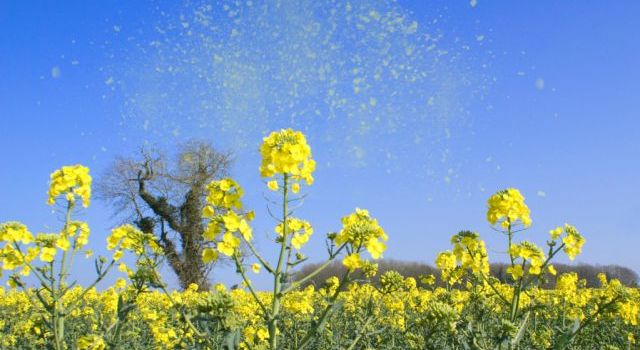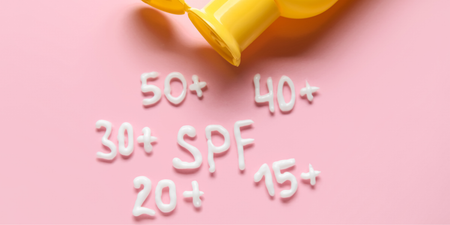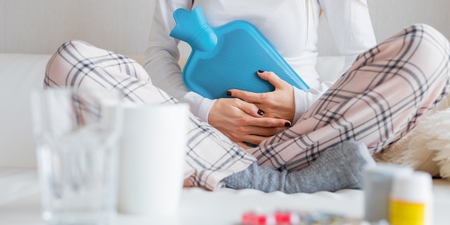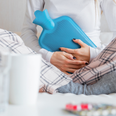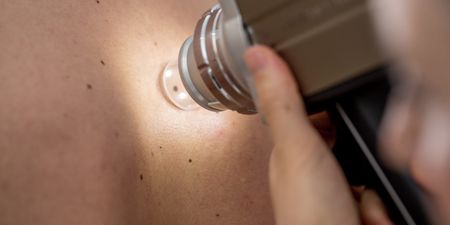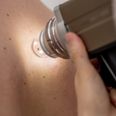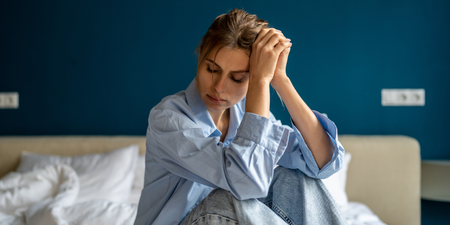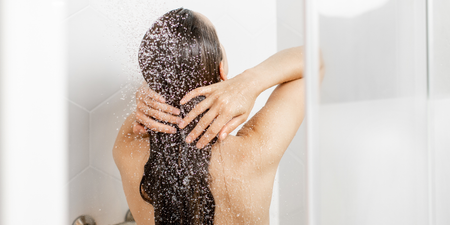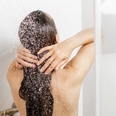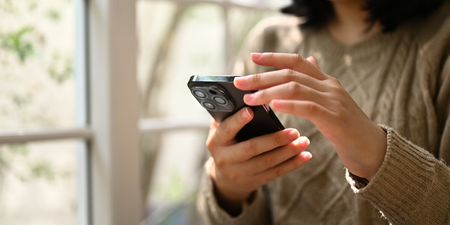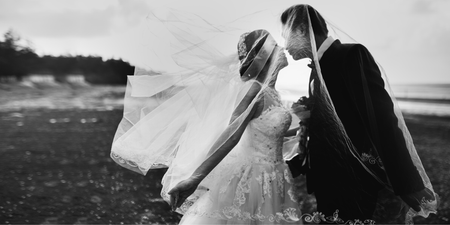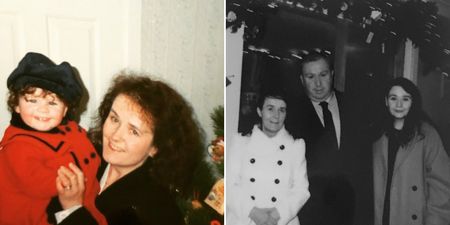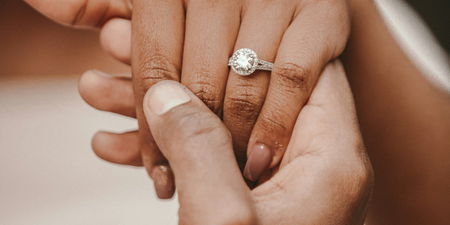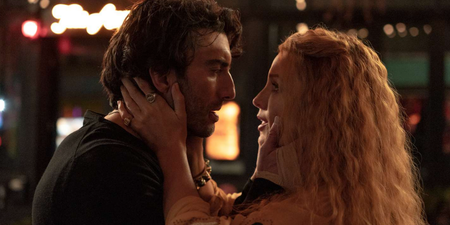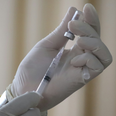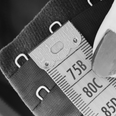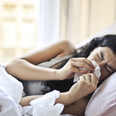Hay fever is the worst.
Legitimately the worst.
Your snotty, you’re sore, your eyes are disgustingly red and you look essentially like a piece of shit.
Not the greatest summer #look, we have to say.
Still though, despite the fact that so many of us suffer from hay fever (about 20 percent of people, we’ll have you know), a lot of us still don’t really know all that much about it.
Or, more importantly, how to stop it from ruining our lives.
So, what exactly causes hay fever?
Hay fever is an allergy caused by pollen and spores travelling through the air, causing an allergic reaction, and making the inside of your nose inflamed.
It’s more common between the months of March and September as there’s more pollen floating around the air then.

What are its symptoms?
There are a few symptoms of hay fever that we’re all pretty much familiar with.
These include a runny nose, watery eyes, an itchy throat, and a whole lot of sneezing.
However, there are also some less common symptoms of hay fever including facial pain caused by blocked sinuses, a loss of smell, and headaches.
How (in God’s name) do you stop it?
Entirely stopping hay fever from happening outright is pretty hard considering avoiding pollen is quite difficult.
That being said though, there are a few things you can do to minimise your chances of being affected by it too badly.
These include:
- Avoiding grassy areas
- Showering and washing your hair before bed
- Wearing sunglasses
- Doing lots of hoovering and keeping your house clean
- Keeping your doors and windows shut, if possible
- Making sure to give your pets a clean after they’ve been outside

And what about treatment?
Treating hay fever when it’s already happening is that little bit easier.
The most common treatments are antihistamine tablets and nasal sprays most of which can be bought over the counter, though other stronger options may be available via prescription.
If your hay fever is so bad though that it’s affecting your ability to basically live your life, your GP could give you a course of oral corticosteroids or even injections to relieve your symptoms.
However these both have side effects and are only advised if your hay fever is particularly bad.
